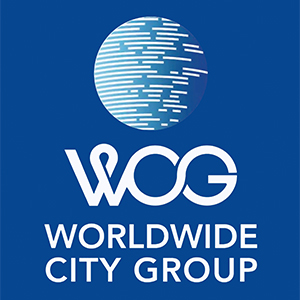\\\\\\\\\\ Top Mergers and Acquisitions Consulting Firms In APAC \\\\\\\\\
-
Joyway Consulting
Joyway Consulting excels in risk management and consulting services, leveraging profound insights into the Chinese market and a global outlook. Since 2011, it has helped multinational corporations and financial institutions mitigate risks across diverse sectors.
-
Worldwide City Group
Worldwide City Group is a leading M&A advisory firm executing complex, cross-border transactions. With unmatched expertise, flexible partnership models, and a commitment to long-term success, WCG helps clients steer through the complexities to unlock transformative growth opportunities.
-
China eCapital Partners, LLC
China eCapital Partners, LLC (“CEC Capital US”) is a leading boutique investment bank with a core focus on advising on cross-border M&A and private placement transactions in the Technology, Media & Telecom (TMT), Consumer Retail, and Healthcare sectors. Our team of investment bankers are uniquely positioned to provide expertise in advising on cross-border M&A and private placement transactions involving the Asia-Pacific region. We are able to provide clients with access to institutional investors and corporate acquirors across the US, Europe, and Asia-Pacific regions, with a particular focus on Greater China, Japan, Korea, Southeast Asia, and MENA.
-
InterChina Partners
Founded in 1994, InterChina has become one of the leading advisory firms in China, and the number one alternative to the global consultancies and investment banks. It's team of 50 professionals has conducted over 600 strategy projects and closed more than 220 transactions in China, with an aggregate value of USD 8 billion. Multinational and Chinese clients choose to work with InterChina because InterChina provides real understanding, delivers practical results, and knows how to get things done.
-
Sett & Lucas
Sett & Lucas (S&L) is a global independent financial institution that provides unconflicted advise, ideas, strategy and execution services, by leveraging global presence, domain knowledge in specific industry verticals and a clear goal to ‘Deliver Value’ to clients. Over 100 associates based out of 7 global offices across 6 countries, work 24 X 7 to ‘Deliver Value’, by Unlocking Value (through Investment Banking and Transaction Advisory services), Creating Value (through the Fund Management business) and Protecting Value (through the Regulatory Compliance service – the Zurik Terminal).
















